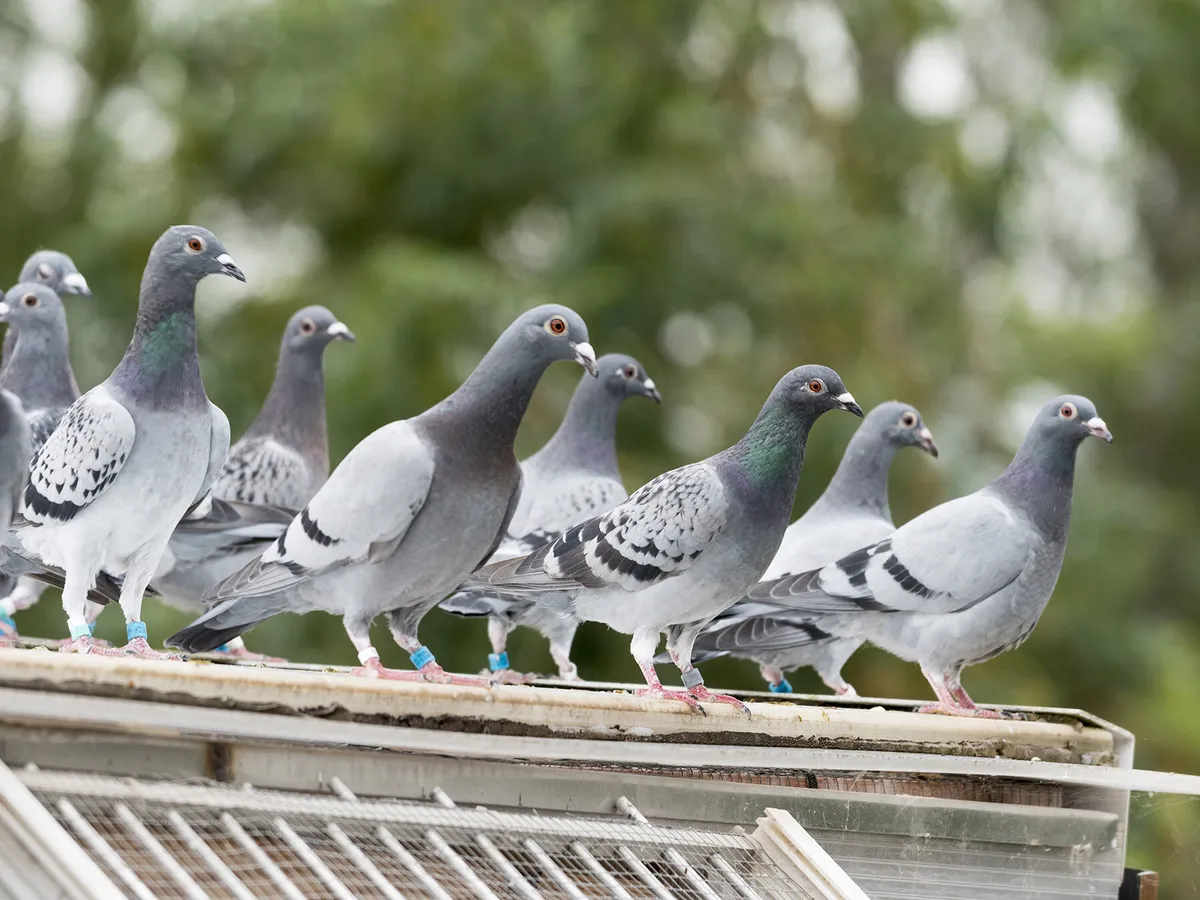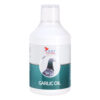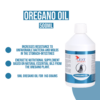
Main Causes of Young Bird Sickness in Pigeons
Main Causes of Young Bird Sickness in Pigeons Stress, Immunity & Infections
Raising and racing young pigeons is an exciting but challenging time. While young birds are full of potential, they’re also at their most vulnerable stage. If you’ve ever lost promising youngsters to Young Bird Sickness (YBS), you know how devastating it can be. But what exactly causes this illness—and what can be done to prevent it?
The truth is, Young Bird Sickness isn’t just one disease. It’s a syndrome—a collection of symptoms caused by multiple overlapping factors. These usually include stress, immune suppression, and co-infections from viruses and bacteria. If these aren’t addressed early, the result can be widespread illness, poor race performance, and long-term damage to your team.
In this post, we’ll break down the main causes of young bird sickness, how to spot the early signs, and practical ways to protect your pigeons throughout the training and racing season.
What Is Young Bird Sickness?
Young Bird Sickness (YBS) is not a specific disease, but rather a combination of infectious and non-infectious stressors that affect pigeons, typically between 6 to 16 weeks of age. It often hits right when birds begin road training or early races—just when you’re starting to expect peak performance.
The symptoms can include:
-
Wet, greenish droppings
-
Vomiting or regurgitation
-
Fluffed-up feathers
-
Sudden drop in energy or flight drive
-
Rapid weight loss
-
Loss of appetite
When left untreated, YBS can quickly spread through the loft and compromise an entire season.
The Three Main Causes of Young Bird Sickness
Let’s explore the three core causes of this illness: stress, immune suppression, and infection.
1. Stress: The First Trigger
Training and racing stress is one of the biggest culprits behind young bird sickness. Young pigeons are still developing physically and mentally. When you throw them into a demanding routine of road training, basket travel, new environments, and race conditions, the stress can overwhelm their systems.
Common stressors include:
-
Sudden increase in training distance
-
Frequent basketing without recovery time
-
Loft overcrowding
-
High temperatures or poor ventilation
-
New loft mates or mixing birds from different sources
Stress affects hormone levels, digestion, and the immune system. When a bird is stressed, the body reallocates resources toward survival—not immunity. That leaves the bird wide open to infections.
Prevention Tips:
-
Introduce road training gradually
-
Give birds time to recover between tosses
-
Avoid overcrowding by splitting birds into teams or groups
-
Reduce noise and sudden disturbances in the loft
-
Monitor for stress behaviors like excessive panting or huddling
2. Weak Immune System in Young Birds
A strong immune system is the bird’s best defense against disease—but young birds don’t have a fully developed immune system yet. They’re still building resistance through:
-
Natural exposure to pathogens
-
Vaccinations
-
Gut microflora development
-
Proper nutrition
If any of these areas are lacking, their ability to fight infection plummets.
Common factors that weaken the immune system in young pigeons:
-
Poor loft hygiene (ammonia, dust, mold)
-
Nutritional deficiencies (especially vitamins A, D, E, and selenium)
-
Parasites like worms or coccidia draining resources
-
Inconsistent vaccination programs
When the immune system is compromised, even low-level infections become dangerous, and birds struggle to recover.
Supportive Measures:
-
Provide vitamin-enriched supplements like PHP Respiratory Boost
-
Keep the loft dry, well-ventilated, and clean
-
Rotate dewormers and treat for coccidiosis as needed
-
Use probiotics and electrolytes during and after training
-
Vaccinate properly and avoid mixing recently vaccinated birds too soon
3. Viral and Bacterial Co-Infections
The third and most direct cause of YBS is infection, often from multiple pathogens at once. This is why many fanciers see symptoms that seem confusing or overlapping.
The most common disease pair is:
-
Adenovirus (viral) + E. coli (bacterial)
Adenovirus weakens the liver and gut lining, opening the door for secondary bacterial infections like E. coli. Together, these pathogens lead to the classic wet, green droppings, vomiting, and weight loss.
Other pathogens involved in young bird sickness include:
Young birds with compromised immunity and under stress are more likely to suffer from multiple infections at once, making treatment trickier.
Treatment Strategies:
-
Administer broad-spectrum antibiotics (under vet guidance) for E. coli and other bacterial infections
-
Use antivirals or immune stimulants to help birds fight viral components
-
Treat for canker, coccidia, and worms regularly
-
Consider supplements that contain oregano, garlic, and thyme—natural antimicrobials
-
Use PHP Gastro Boost to support gut recovery after infection
Common Mistakes That Make YBS Worse
Pushing Training Too Hard
Pushing birds through training even when they show early signs of illness only makes things worse. Always prioritize recovery.
Ignoring Dropping Changes
Wet or green droppings are often dismissed as “bad feed” or heat stress. In reality, they’re a clear sign of gut disturbance or infection.
Treating Without Diagnosis
Blindly treating with antibiotics without understanding the infection leads to resistance and often doesn’t address the actual cause.
How to Stop YBS Before It Starts
Observe Your Birds Daily
Before training, watch how they behave on the perch and during loft fly. Energy, posture, and appetite reveal more than you think.
Keep the Loft Clean and Calm
Daily cleaning, good airflow, and avoiding loud disturbances create a safe recovery environment and reduce bacterial buildup.
Boost Their Immunity with Supplements
Use vitamin/mineral blends and gut-supportive products especially during training and after vaccinations.
Recommended supplements:
-
PHP Recovery Powder
-
PHP Electro Boost
Have a Sick Bay or Isolation Area
Quick isolation of sick birds prevents the rest of the loft from getting exposed and allows better monitoring and treatment.
The Role of Nutrition in YBS Prevention
Good feed and supplementation are your first line of defense. Make sure your young birds receive:
-
Quality grains with proper protein-to-fat ratios
-
Grits and minerals for digestion and feather development
-
Vitamins A, D, E, and selenium to boost respiratory and immune health
-
Probiotics and electrolytes during stressful periods or after medication
Feeding high-quality supplements ensures birds develop strong, resilient systems that can handle the stress of training and exposure to pathogens.
Final Thoughts: Balance Is Everything
Young Bird Sickness is rarely caused by one single thing. It’s almost always a perfect storm of stress, lowered immunity, and infection. By keeping training balanced, hygiene tight, and your birds well-nourished and closely observed, you can dramatically reduce the chances of YBS taking over your loft.
Every fancier faces challenges raising young birds—but it’s how quickly and wisely you respond that makes the difference between a lost season and a successful team.



